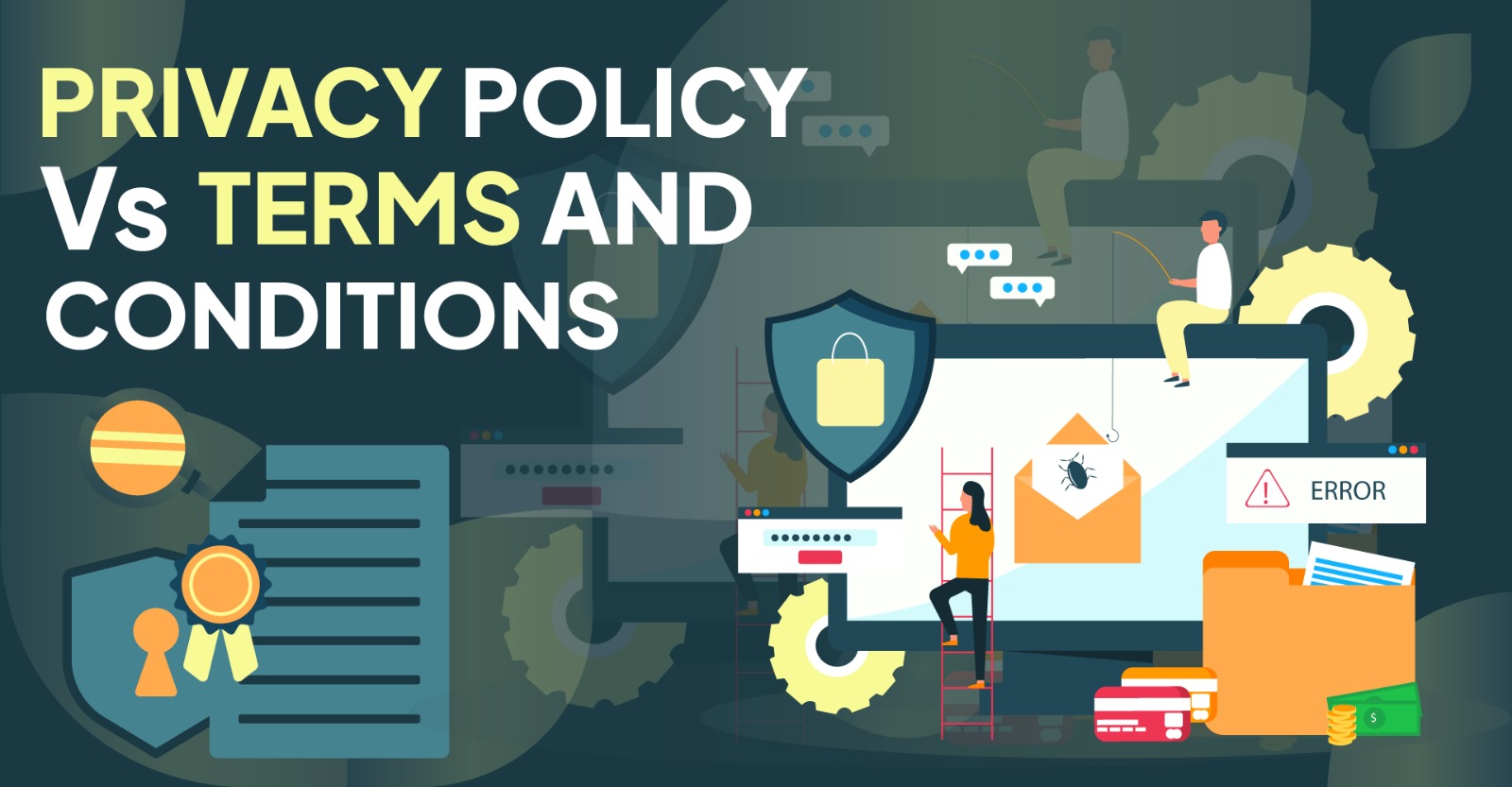Privacy Policy vs Terms and Conditions
The main difference between a privacy policy and terms and conditions is that a privacy policy is a document that articulates how a business collects, processes, and stores customer data. In contrast, a terms and conditions agreement is a legally binding document that covers things like intellectual property, payment disputes, licensing agreements, and more.
A privacy policy is a detailed explainer of how a business might capture personally identifiable information such as:
- Names and contact information
- IP addresses
- Shipping details (if applicable)
- Credit card information
- Other personally identifiable information such as race, ethnicity, and location
Privacy policies only discuss an organization’s data usage policy. Hence, it goes into detail about what data is collected, where it is stored, whether it is shared with third parties, steps taken to anonymize it, and how long it will remain on company servers.
Terms and conditions establish the legal playground between a business and its users. This document helps businesses and founders safeguard their rights, protect intellectual property, and guard them against potential lawsuits. And it works both ways — a terms and conditions agreement will also inform users of their rights, such as mediation methods in the case of a dispute, payments and processing fees, their rights to future updates & releases, and a money-back guarantee (if applicable).
A terms and conditions document is one of the most critical agreements you have as a business owner since it clearly articulates what users can or cannot do while using the product or service.
"A privacy policy is for disclosing to your users what personal data you collect and how you store and process it," explains Mate Prgin, the CEO of Enzuzo. "Terms and conditions are an agreement between a website owner and website visitor that describe each parties rights and obligations with respect to website content and usage."
"Terms and conditions are considered a legal contract, typical regulations that apply to such a contract are consumer protection laws that protect consumers from predatory business practices. A privacy policy is not a legal contract but a policy / statement of transparency."
Nonetheless, both are critical documents for your company. If you’re looking to build your own, check out our generators for each:

